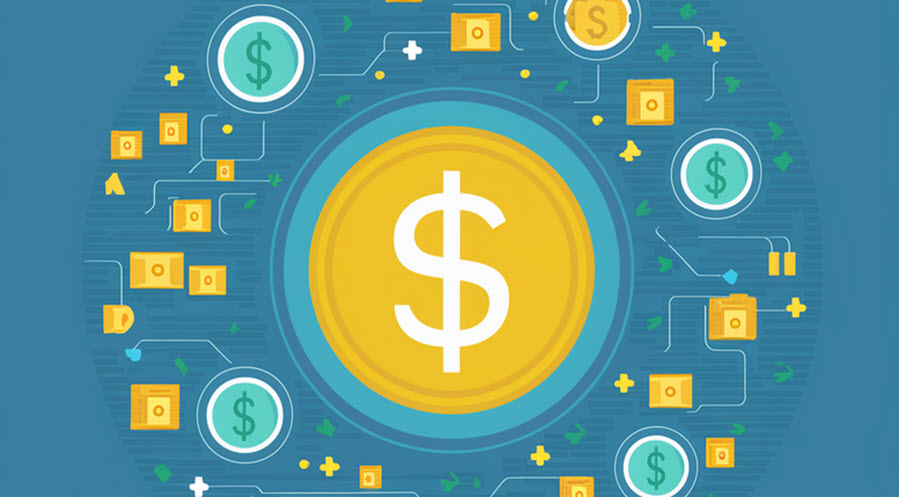Debt consolidation has become a common strategy for individuals looking to regain control over their financial stability. Often seen as an effective solution, consolidating your debts infers merging multiple payments into one manageable monthly remittance. This can be achieved through various financial products such as personal loans, balance transfer credit cards, and home equity loans. However, the crucial question is – when exactly is the right time to consolidate your debt? While this can vary from person to person, several indicators can guide you through this decision-making process.
High-Interest Rates on Multiple Debts
Interest rates can have a considerable impact on your overall debt. If you have multiple debts with high-interest percentages, it might be time to consider consolidating them into one debt with a potentially lower interest rate. This strategy can help you save money in the long run and potentially clear your debt faster.
Difficulty Keeping Track of Multiple Payments
Juggling different payments each month can turn into a labyrinth of deadlines. If these financial chores feel overwhelming, consolidating your debts can simplify the situation. Instead of keeping track of several payments, you will only have one monthly payment to consider.
Your Credit Score Has Improved
An improved credit score could mean qualifying for better interest rates for debt consolidation. If your credit score has increased significantly since you accrued most of your debt, it might be in your best interest to consolidate it to take advantage of lower interest rates.
Struggling with Monthly Payments
Are you having trouble keeping up with your monthly debt payments due to a tight budget or a sudden life change like a job loss? Consolidating your debt may provide a temporary solution. It allows you to extend the repayment term, which may lower your monthly payments. However, it’s crucial to note that this can also mean paying more in interest over time.
Prioritize Your Financial Health
Debt consolidation should ultimately lead to a healthier financial situation. If you are not able to make any headway with your current debts due to high interest rates, multiple deadlines, or hefty repayments, it might be time to consider consolidating.
When You Should Not Consider Debt Consolidation
While debt consolidation can help streamline your finances, it’s not a suitable solution for everyone. Suppose you are struggling due to excessive spending habits or cannot afford reduced payments. In that case, consolidating your debts might just delay the inevitable financial pitfalls, potentially leading you into more debt.
Consult a Financial Advisor
Deciding if and when to consolidate your debt requires a comprehensive review of your current financial situation. Consulting with a financial advisor or a credit counselor may be beneficial. They can provide expert advice tailored to your unique circumstances. Remember, your goal should always be to progress towards paying off your debts and ultimately achieving a debt-free life.
In conclusion, while debt consolidation can potentially offer respite from financial distress for many people, it needs to be timed correctly to maximize its benefits. Identifying the precise time to consolidate debt requires a mindful evaluation of your financial status, spending habits, interest rates, and credit score.
This article was last updated on: April 29, 2024

